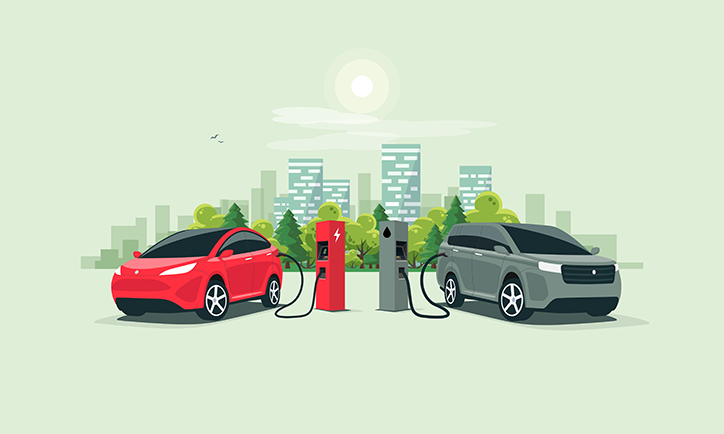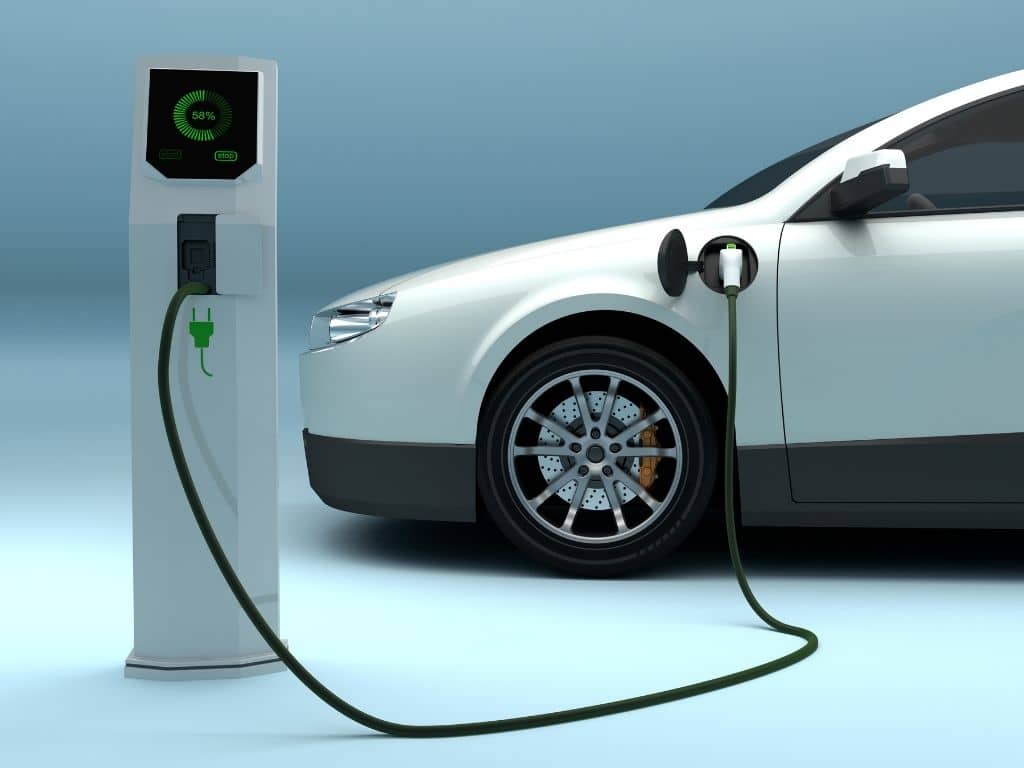Electricity has become an essential part of modern life, powering everything from our homes to our gadgets. But did you know that electricity, and how we produce it, can impact both our mental and physical health? Let’s explore how electricity affects us and why renewable energy is a healthier choice for the future.
The Connection Between Electricity and Health
1. Physical Health
Electricity is vital for our well-being in many ways. It powers heating and cooling systems that keep us comfortable, especially during extreme weather. Access to electricity allows for proper lighting, cooking, and refrigeration, which improves our living conditions and food safety.
However, how we produce electricity can also negatively affect our health. Traditional power plants that burn fossil fuels like coal or gas release harmful pollutants into the air, leading to respiratory issues like asthma, heart problems, and even some cancers. These pollutants can damage air quality and are especially dangerous for children, the elderly, and people with pre-existing health conditions.
2. Mental Health
Having reliable electricity can reduce stress and improve mental health. Imagine how difficult it would be to go without lights during long, dark winters or without air conditioning during a sweltering summer. Reliable power brings comfort, security, and peace of mind.
On the other hand, when power is unreliable or expensive, it creates stress. Power outages or high energy bills can lead to anxiety, especially for families trying to make ends meet. In some cases, people living in energy-poor regions, or “energy poverty,” face social isolation and mental health challenges due to the lack of basic electrical amenities.
How Renewable Energy Can Make a Difference
Switching to renewable energy, such as solar, wind, and hydropower, can positively impact both mental and physical health. Here’s how:
1. Cleaner Air
Renewable energy produces electricity without releasing harmful pollutants. By reducing the burning of fossil fuels, we can cut down on air pollution that leads to respiratory and cardiovascular diseases. Cleaner air means healthier lungs and hearts for everyone, especially those living in areas affected by high pollution.
2. Energy Security and Peace of Mind
Renewable energy is abundant and can be produced locally. This leads to fewer power outages and more reliable energy sources. Knowing that your home will always have power, without the threat of blackouts or high bills, can lower stress and improve mental well-being. Plus, with solar panels or small wind turbines, individuals and communities can generate their own electricity, giving them more control over their energy needs.
3. Lower Costs in the Long Run
Renewable energy is becoming more affordable over time. Installing solar panels or using wind energy might cost more upfront, but over time, these sources can reduce or even eliminate electricity bills. When people no longer have to worry about rising energy costs, it alleviates financial stress, contributing to better mental health.
Renewable Energy’s Role in a Healthier Future
Switching to renewable energy sources not only helps the environment but also creates a healthier society. By improving air quality, reducing stress from power-related issues, and ensuring a stable energy supply, renewables can play a vital role in protecting both our physical and mental health.
Electricity is essential for modern living, but how we produce it matters. By choosing renewable energy, we can improve air quality, reduce stress, and ensure a healthier future for ourselves and our planet. Investing in clean, reliable, and sustainable power is more than just an environmental choice—it’s a choice that directly benefits our well-being.
In the end, renewable energy is not just about saving the planet. It’s about creating healthier lives, brighter minds, and a cleaner future for all.



